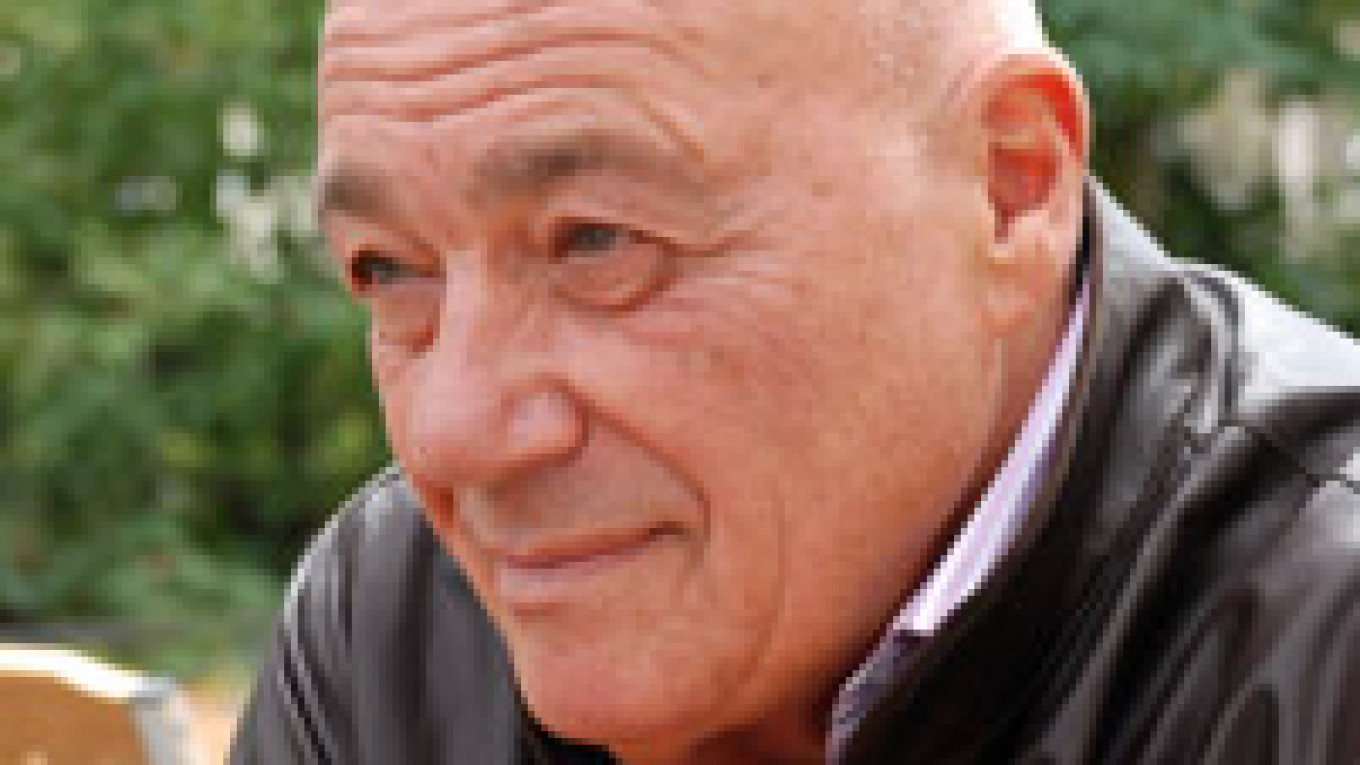Which of those two approaches would you call more humane?
I remember the reaction of many of my Russian friends to the movie “Saving Private Ryan.” The whole idea of sending a group of people to save the life of just one individual was something they could not really comprehend. In some it caused admiration (“Just imagine caring that much about one human life, how great!”), in others — disgust (“Just imagine risking the lives of a whole platoon to save one jerk!”), but the salient point is the common understanding that nothing of the sort could happen in Russia.
Perhaps the bottom line is that Russians believe themselves to be different from all other people. In some cases that is a source of pride, in others — a source of discomfort. But the belief is there.
One of Russia’s most intelligent film producers, Andron Konchalovsky, once said to me: “It’s too bad we’re not green or blue or purple, because if we were, the world would treat us differently.”
I asked him to explain.
“The West expects us to act like they act. They go after us all the time, they keep criticizing us — and you know why? It’s because we look like them. If we looked different, they would get off our backs. Take the Chinese. Does the West go after them for their not being democratic, for not living up to Western standards? No. And why not? Because the Chinese look different. I tell you, our problem is that we look like Westerners, but in fact we are not, we are different”.
This is not an uncommon view.
I will leave it at that, but not without one concluding remark. While it is true that the average Russian’s attitude towards foreigners is complex and often negative, it is, in my opinion, no less true that Westerners have a complex and mostly negative view of Russians. This, too, has historical roots. So we are dealing with two prejudices that play off each other, a fact that should not be forgotten.
A Message from The Moscow Times:
Dear readers,
We are facing unprecedented challenges. Russia's Prosecutor General's Office has designated The Moscow Times as an "undesirable" organization, criminalizing our work and putting our staff at risk of prosecution. This follows our earlier unjust labeling as a "foreign agent."
These actions are direct attempts to silence independent journalism in Russia. The authorities claim our work "discredits the decisions of the Russian leadership." We see things differently: we strive to provide accurate, unbiased reporting on Russia.
We, the journalists of The Moscow Times, refuse to be silenced. But to continue our work, we need your help.
Your support, no matter how small, makes a world of difference. If you can, please support us monthly starting from just $2. It's quick to set up, and every contribution makes a significant impact.
By supporting The Moscow Times, you're defending open, independent journalism in the face of repression. Thank you for standing with us.
Remind me later.


